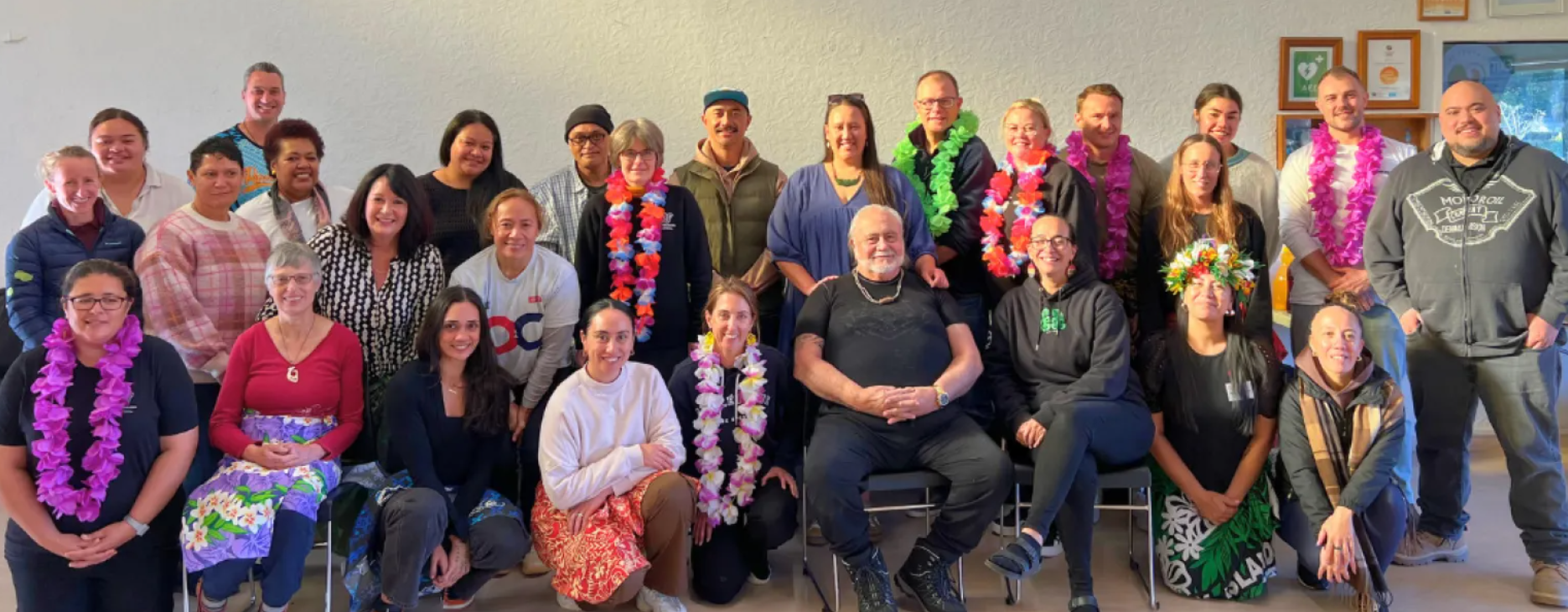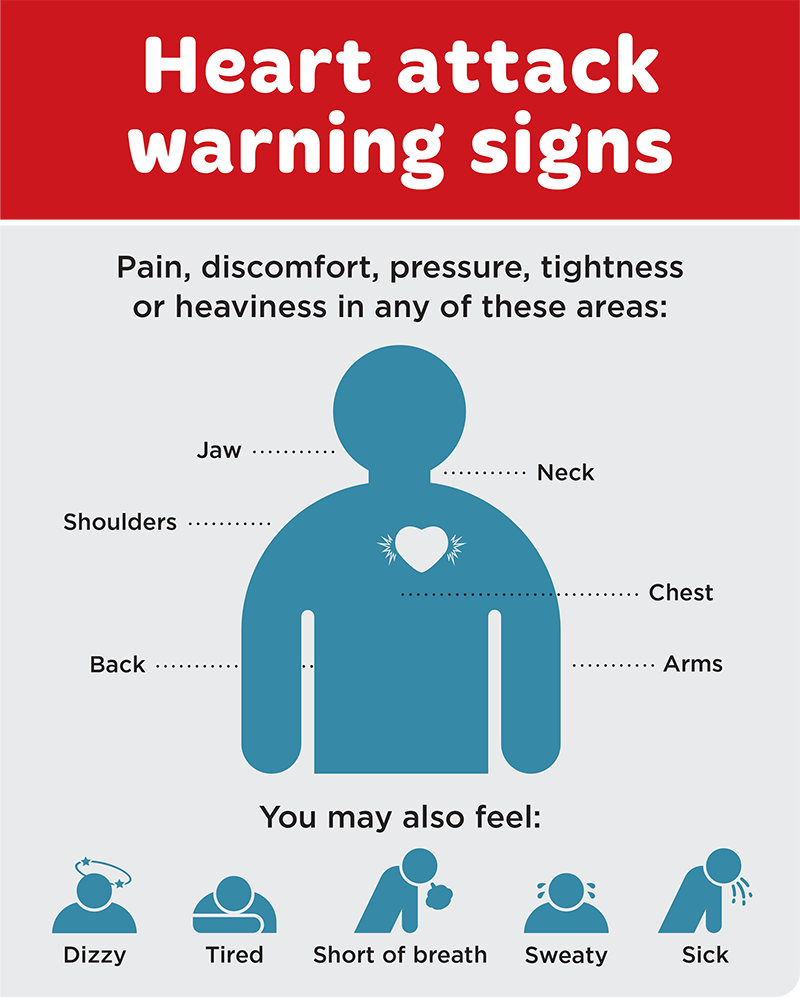

Dr Josh Agnew is part of the organising committee for Te Whare Tukutuku, connecting indigneous workers in the cardiology sector.
Photo/PMA/Unsplash
Indigenous heart health network expands across NZ and Australia
Māori and Pasifika health professionals are forging connections with indigenous peers in Australia to strengthen cultural leadership in cardiology.



FAST presence at electoral office raises concerns from Sāmoa elections commissioner

NZDF joins PNG in celebrating 50 years of independence and defence force history

Discipline, teamwork and legacy: John Afoa on life beyond the field


First-ever coronation anniversary for Māori Queen marked as deeply significant

FAST presence at electoral office raises concerns from Sāmoa elections commissioner

NZDF joins PNG in celebrating 50 years of independence and defence force history

Discipline, teamwork and legacy: John Afoa on life beyond the field
A Māori and Pasifika-led initiative is integrating culture and connection into cardiology, and it has now expanded across the Tasman Sea.
Despite experiencing some of the highest rates of heart disease, Māori and Pacific people are still underrepresented in the health workforce. Te Whare Tukutuku aims to change that.
Dr Josh Agnew, a paediatrician based in Tauranga and a member of the organising committee, says the network provides vital support for indigenous professionals.
“We only make up about five per cent of nurses, three per cent of midwives, doctors, pharmacists, two per cent of psychologists and dentists … For heart health, it will be a lot less than that,” he tells Sanele Chadwick on Pacific Mornings.
“We're often the one lone Māori or Pasifika voice in a wider group. It can be very challenging to always feel like the squeaky wheel. But to know that we have this group … there's always someone there for support, it's really important. And it's just such a fun group to work with, which is cool.”

Te Whare Tukutuku at their networking event in Rotorua, May 2025. Photo/Pūtahi Manawa
A cultural connection
According to the Heart Foundation, more than 7000 Pacific people in New Zealand are living with heart disease, making cardiovascular disease (CVD) the leading cause of death for Pasifika.
Agnew says genetics, environment, and systemic factors influence heart health, and having healthcare providers who share a cultural background with their patients creates a powerful connection.
“The importance of culturally concordant care, of someone who understands your value system, understands where you are and understands what you need better, it just helps put everyone at ease both as a practitioner and a patient on both sides of the system, being able to establish that deep connection and relationship, whanaungatanga, and it works better when we can do that.”
Watch Dr Josh Agnew's full interview below.
Obesity is a common underlying issue related to heart conditions. Associate Health Minister David Seymour says high obesity rates across the country place a severe strain on the health system, with estimates of the cost of excess weight in New Zealand being between $4-9 billion per year.
“One of the common implications of obesity is cardiovascular disease, which costs the country approximately $3.3 billion per year”, Seymour says in a statement.
But Agnew says not all programmes or approaches are effective for Pacific people.
“Some stuff just isn't going to work for Pacific people,” he says. “So having an understanding of what is and isn't going to work is really important.
“Time and time again, when we look at culturally led programmes, we see much better outcomes.”

Image/Heart Foundation
Visibility and future workforce
Agnew hopes that increased visibility will lead to higher recruitment of future Māori and Pasifika health professionals.
Despite forecasts of only modest increases in workforce diversity over the next decade, he is optimistic about the next generation.
“The quality and calibre of students coming through is just phenomenal… they are just so cool. These amazing young people are just leaps and bounds, way ahead of where many of us would have been at their stage. So from that perspective, I think the future is really bright. We'd just love to see more.”

There are hopes more Pacific workers in the cardiovascular sector will improve health outcomes. Photo/Jesse Orrico via Unsplash
Looking ahead
Te Whare Tukutuku recently launched in Australia, where the Cardiac Society’s Indigenous group was renamed to reflect its expanded focus to include Aboriginal and Torres Strait Islanders.
Agnew says the group’s fourth meeting, held across the Tasman, is a milestone, and hopes the momentum will lead to future events in the region.
The network is also connected to the Pūtahi Manawa Centre of Research Excellence, an equity-focused research hub for Māori and Pasifika heart health based at the University of Auckland.
“We’re looking at how we can actually do more work with our Pacific families and our workforce in the Pacific Islands.
“We can get together and have a safe space to share our identities, our struggles, to mentor, to do peer support, and really to have a collective voice with a future goal to start growing our Māori and Pasifika workforce,” Agnew says.